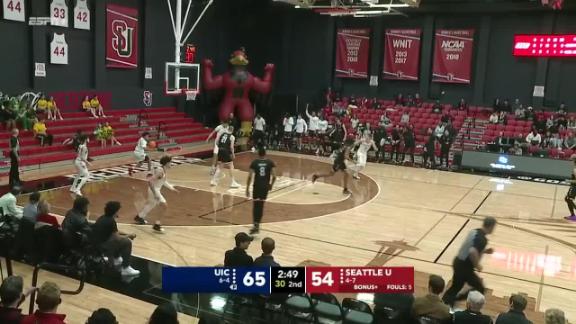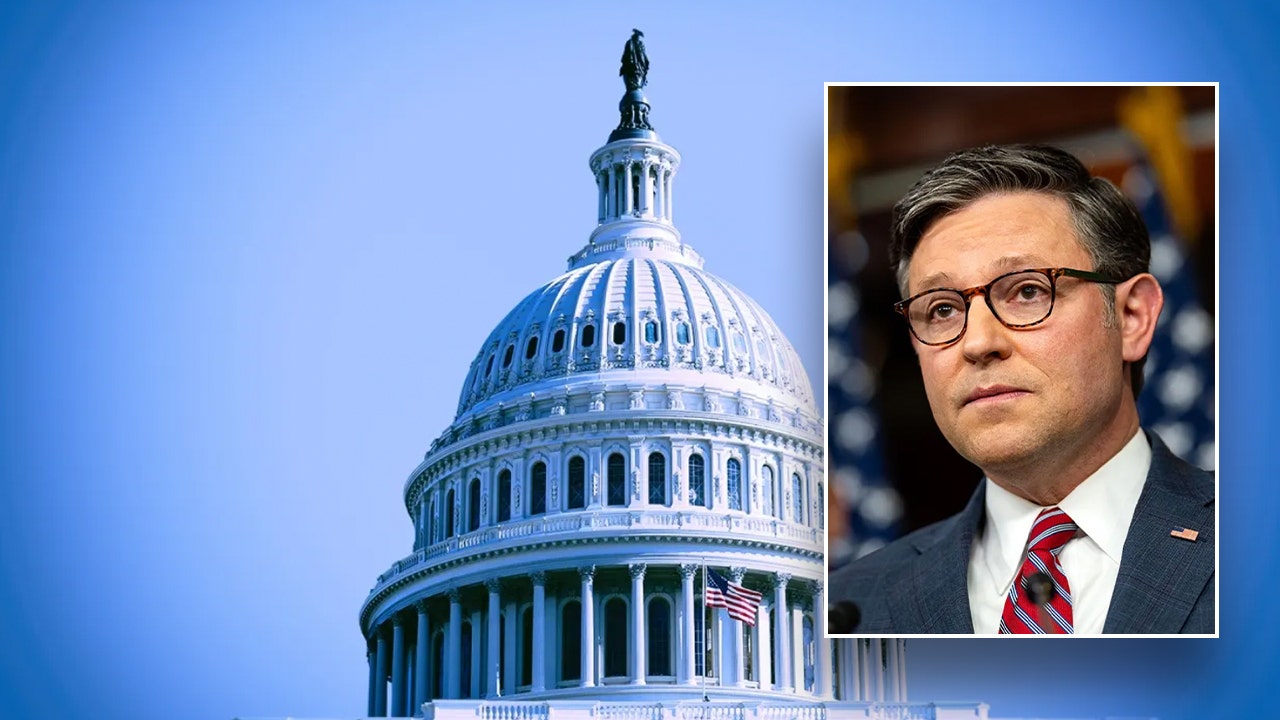BATON ROUGE – The ACLU issued a letter to Louisiana school districts and superintendents saying they should not implement Louisiana’s law to display the Ten Commandments in classrooms to avoid litigation.
The letter, sent by four organizations including the ACLU and the ACLU of Louisiana, says public schools whose districts may not be parties in the lawsuit and isn’t subject to the district court’s injunction that prevents the parties involved in the lawsuit from displaying the commandments could still face litigation due to “an independent obligation to respect students’ and families’ constitutional rights.”
“Because the U.S. Constitution supersedes state law, public-school officials may not comply with [the law],” the ACLU said.
Additionally, the ACLU says the law conflicts with the Supreme Court’s ruling in Stone v. Graham in 1980, which struck down a “similar Kentucky statute” that required public schools to post a copy of the Ten Commandments in every classroom.
The current lawsuit has been appealed to the U.S. Court of Appeals for the Fifth circuit, but it remains in full effect as the appeal proceeds after the appellate court rejected a request to temporarily suspend the lower court’s injunction.
Appellate oral argument in the case is currently set for Jan. 23, 2024 in New Orleans.




























/cdn.vox-cdn.com/uploads/chorus_asset/file/25782636/247422_ChatGPT_anniversary_CVirginia.jpg)
/cdn.vox-cdn.com/uploads/chorus_asset/file/25789444/1258459915.jpg)

/cdn.vox-cdn.com/uploads/chorus_asset/file/25546252/STK169_Mark_Zuckerburg_CVIRGINIA_D.jpg)


/cdn.vox-cdn.com/uploads/chorus_asset/file/23951353/STK043_VRG_Illo_N_Barclay_3_Meta.jpg)